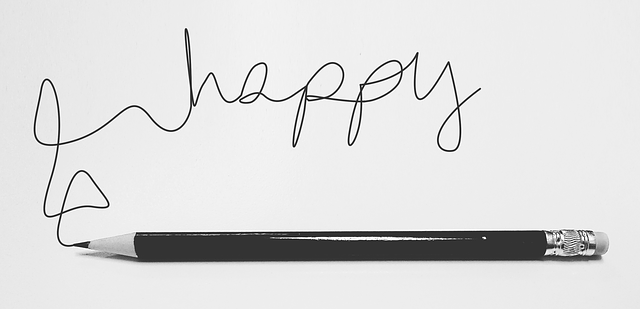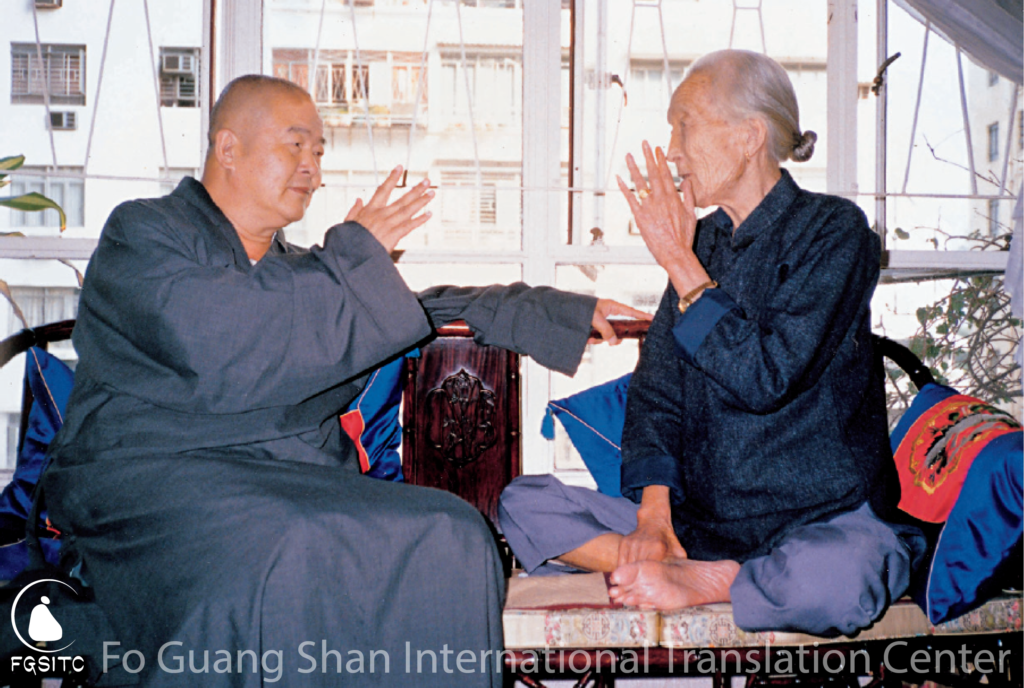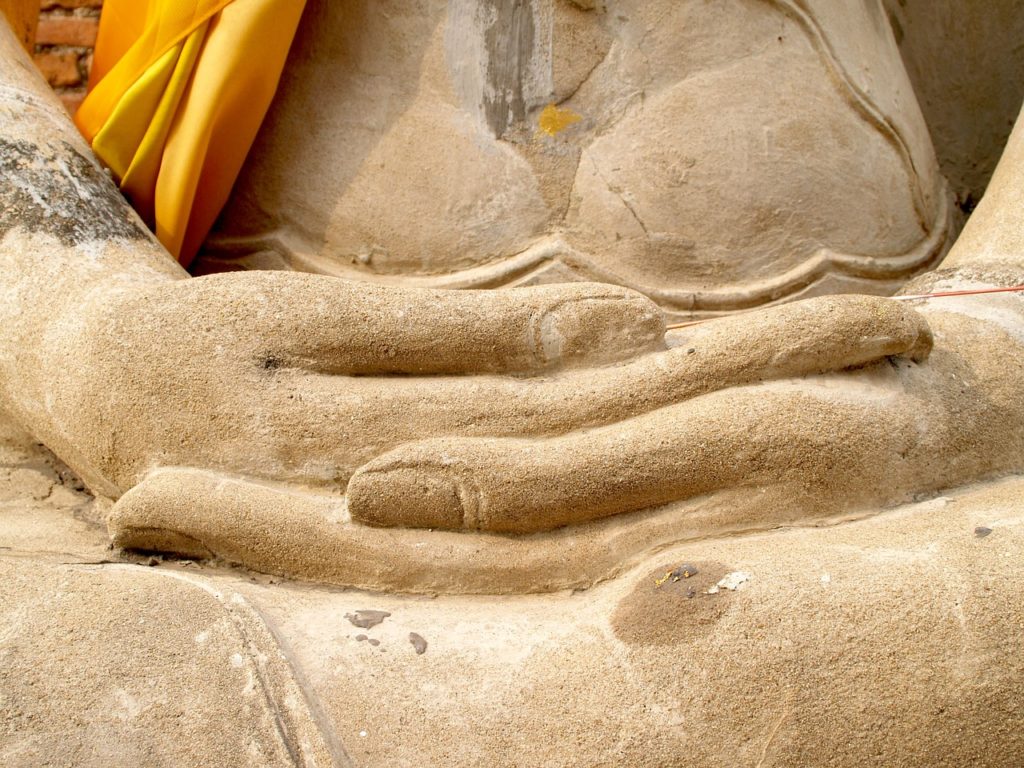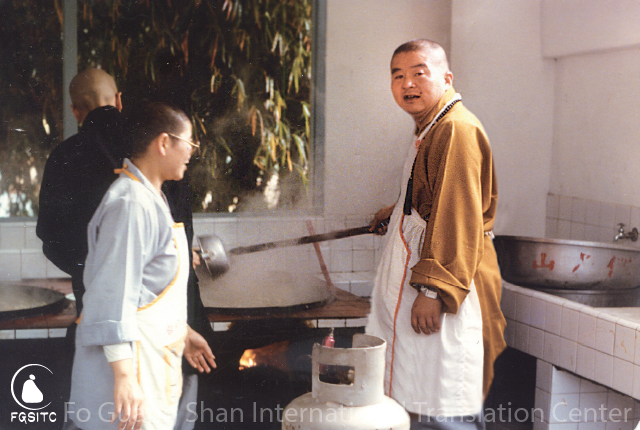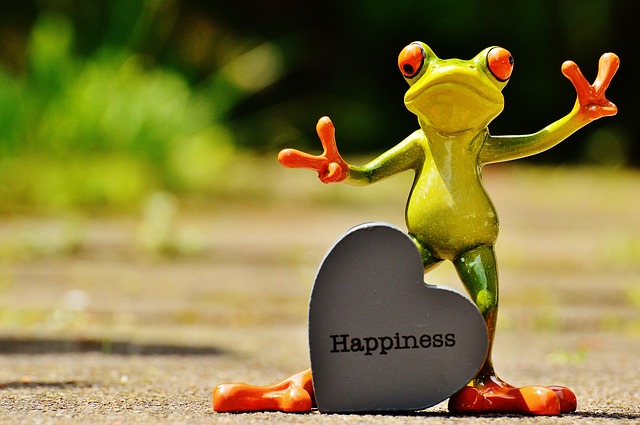
Lessen desire and be without any wishes and the body and mind will be at ease.
When our desires are balanced and reasonable, we can be content. The Buddha taught that deep wisdom can be found only by following a “middle way” between dualistic extremes. The middle way can always be found by contemplating which side of a dualistic pair is contending for our attention. If we discover that we are becoming attached to money, we can find a healthy balance again by practicing giving, and reflecting on the fact that money is valuable only when it helps people, never when it harms them. If we find ourselves becoming attached to something that makes us angry or resentful, we can find a healthy balance by emphasizing compassion.
When we have lessen desires we will be happier because our lives will be easier to manage and we will have more time to consider that which is most important. Honest introspection always leads to the truth. If our introspection leads us to discover many harmful attachments within us, then we must take steps to understand their origins, as we look for ways to balance their deleterious influences. If it leads us to discover inklings of the enlightened Buddha mind within us, then we must encourage these inklings and cause them to grow and become more frequent. There is no better way to counteract the imbalances of samsara than to bathe them in the enlightened wisdom of the Buddha that already lies within us.
Contentment cures greed, compassion cures anger, and wisdom cures the confusion of many desires arising. When we know how to be satisfied with what we have, we can be happy anywhere and we will always be able to avoid more desire and the terrible passions it releases.
The Surangama Sutra says,
“Wise contentment defeats the maras of the mind.”
The Commentary on the Lotus Sutra says,
“Truth is like the sky, meditation like a great cloud, wisdom like the rain.”
Like the rain because it washes us and cleans us of our harmful desires. The Sutra of Supreme Mindfulness says, “Have few desires, be content, and put to rest all harmful clinging. Free yourself from your attachments, for when you taste greed you are like a fish that swallows a hook.”
The following story reminds us that the Buddha can help us only if we are deeply receptive and willing to help ourselves. Once there was a man who was walking on a mountain road. As the dusty miles passed, he became tired and inattentive, and consequently lost his footing and fell down a steep precipice. As he fell, he managed to reach out and grab hold of a tree branch growing out of the cliff. Clutching the branch for dear life, he looked up and down. Far below him were the hard rocks at the bottom of the cliff, while above him there was only the sheer face of the cliff. As far as he could tell there was no way he could save himself. Then he saw the Buddha standing on the road above him. The Buddha was gazing on him with a look of great concern.
The man called out, “Oh Buddha, save me! Save me!”
The Buddha replied, “I will save you, but you must do as I say.”
The man cried, “Anything, anything! I will do anything you say!”
“Let go of the branch,” the Buddha said.
The man looked down at the rocks at the bottom of the cliff and thought that if he let go of the branch he would surely fall and be killed. His fears made him grab the branch more tightly.
When the Buddha saw that he was not going to let go, he said, “How can I save you if you don’t let go?” And with that he turned and left.
From The Great Realizations, written by Venerable Master Hsing Yun.
Image from Pixabay.



